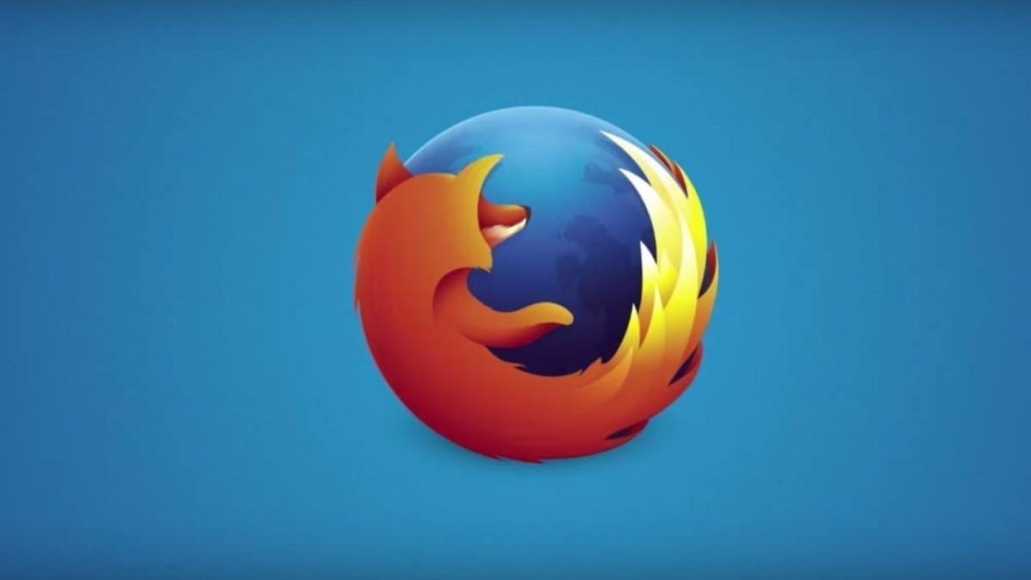The British agency called ISPA (Internet Services Provider’s Association) brings together various operators and content providers on the Internet, and each year are responsible for nominating a three, “Heroes” and three “villains” of the Internet.
For this organization, President Donald Trump is one of those villains for threatening the telecommunications supply chain, but next to it is the controversial article 13 of the copyright reform and, attention, Mozilla, an organization that we would all consider precisely as a hero of the Internet, not as a villain. Why do they do it? The reason is in a curious acronym- DoH.
ISPs do not like DNS-Over-HTTPS
Until now the DNS management was done without encrypting, but recently there have been two alternatives that prevent third parties from collecting information about the DNS we visit, which helps protect the privacy of users.

Those two alternatives are DNS over HTTPS (DoH) and DNS over TLS (DoT). There are some subtle differences between the two, but the important thing is that both Mozilla and Google have adopted the first in the preliminary phase: their systems are already prepared to support this DNS encryption, but customers (such as our browsers and websites that must implement the protocol) no.
Failing that, the controversy has jumped for various reasons. First, because some believe that this system will allow Google to control a part of the network infrastructure to collect data, and second because that control was of others.
Specifically, of the ISPs -our routers use DNS servers of the operators-, which now complain that this type of protocol is incompatible with the blocking system of websites that is currently in force in the United Kingdom, where is the ISPA organization.
As they explain in TechCrunch, in the United Kingdom the websites can be blocked or banned if they facilitate the violation of copyrighted materials, for example. By encrypting DNS requests, it could become more complex for ISPs to filter their clients’ access to the Internet, thus making the veto/bane ineffective.
Other agencies have protested the adoption of protocols that would prevent (or make it more difficult) to put barriers to certain websites, and among them are the British intelligence service GCHQ and the Internet Watch Foundation of the United Kingdom.
For ISPA, activating DoH by default “would be harmful to online security, to cybersecurity and to consumers’ choice”. Mozilla has not spoken for the moment about it.

